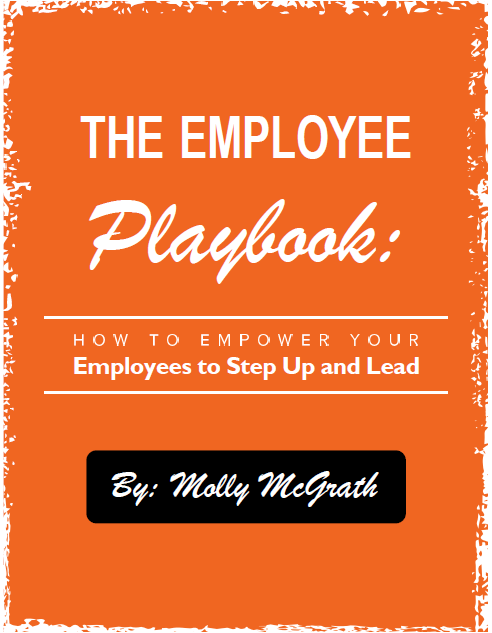
Unless you’ve been homesteading for the last fifteen years, you’ve maybe noticed that grocery stores have changed. Yes, they now have a Starbucks or similar, and bathrooms have hand-dryers that actually work…but that’s not what I’m getting at. I’m talking about labels: Organic, Fair Trade, Equal Exchange, Heirloom, Non-GMO, and so on. Had you asked childhood me, I couldn’t have told you what any of these mean. Now, they’re common parlance—and that’s a good thing.
Beyond signaling a growing, society-wide interest in ethically produced food, these labels also signal that the younger generation cares more than any other about corporate social responsibility (CSR). As Nicholas Kristof of the The New York Times observes, “Doing good is no longer a matter of writing a few checks at the end of the year […] for many young people, it’s an ethos that governs where they work, shop and invest.” Naturally, then, companies wishing to hire and retain the best new talent, need to step up their CSR game—big time.
The Data is in and Crystal Clear
A reported 64% of Millennials won’t accept a job offer from a company without strong CSR values. An additional 88% say their job is more fulfilling when it provides opportunities to make a positive social and environmental impact. Those are big numbers, and Millennials are not even the generation most-concerned about a company’s ethos. That role goes to Generation Z, the younger, more engaged, and less-compromising group of people born after 1996 (which, yes, means they’re on the cusp of entering the workforce).
CSR is No Longer a Satellite Strategy
Gone are the days when a company could satisfy stakeholders by baptizing an individual “CSR Director” and continue with business as usual. New, tech-savvy talent sees straight through skin-deep initiatives. After all, it was a 17-year-old who built one of the most popular coronavirus-tracking websites in the world. Translation: these kids know how to dig up information. Any company wishing to gain an edge, then, needs to ensure that their competitive strategy is simultaneously an expression of their CSR.
6 Steps to Sustainable CSR
- Establish your CSR values and relevancy.
- Determine the skills related to social responsibility.
- Identify potential projects.
- Target talent which shares you CSR values.
- Identify ways in which your company can contribute environmentally and socially.
- Take implementing your CSR program step by step
While the above may seem too general to be of use, it’s meant only to get you started. A durable CSR program depends on specifics and isn’t something an internet list can instruct you in implementing. For that, consider our 66-Day Law Firm Turnaround program. Catered to your firm’s specific characteristics and needs, this program promises to turn fears into confidence and provide true momentum as we all step timidly into the post-Covid world.

